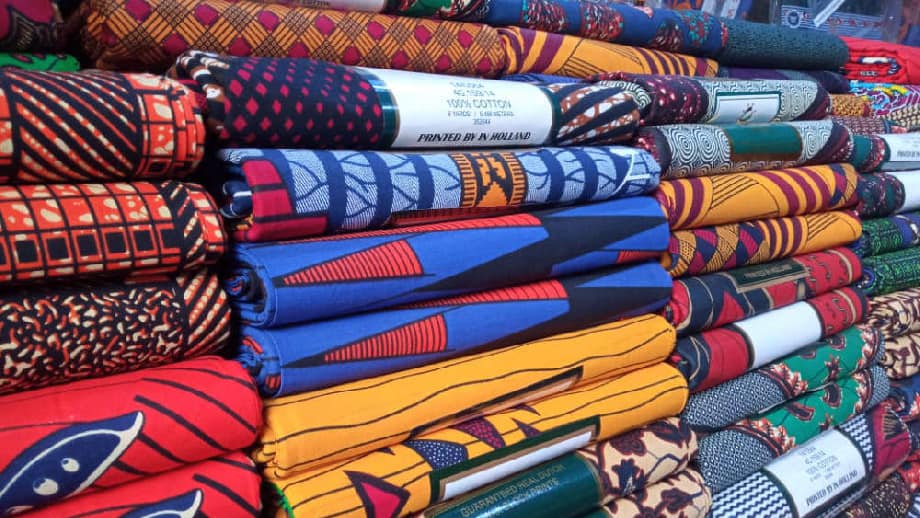There are no products in your shopping cart.
| 0 Items | £0.00 |


Ayo Akinfe
[1] Nigerians have among the most diverse array of textiles in the world. It is inexplicable that the sector is not one of the nation’s biggest sources of foreign exchange
[2] There is absolutely no reason why Nigeria’s revenue from the exports of lace, adire, guinea brocade, Atiku, ankara, etc does not match crude oil receipts. We should be mass-producing finished products and exporting them to retail outlets all over the world
[3] India is among the world's largest producers of textiles and apparels, which contributes approximately 2.3 % to the country’s gross domestic product (GDP)
[4] Over the course of 2020/21, textile, apparel and handicrafts accounted for about 11% of India’s total exports. This made India the fourth largest exporter of textiles and apparels in the world
[5] India is one of the largest producers of cotton and jute in the world. India is also the second largest producer of silk and 95% of the world’s hand-woven fabrics come from India
[6] Just to appreciate how huge this industry is, India’s technical textiles segment is estimated at $16bn, approximately making it the fifth largest market in the world
[7] India’s textiles and apparel industry is the country’s second largest employer, providing direct employment to 45m people and 100m people in allied industries
[8] India’s textile industry is expected to reach $250bn market size by 2030
[9] During the course of 2022/23 year, the value of India’s export of cotton textiles totalled $11.1bn
[10] Nigeria does not have any massive private sector operator in the clothing and textile sector. Once upon a time we had Arewa Textiles and Asaba Textiles, si to compete, we need companies that size. Maybe several state governments should float a joint venture company